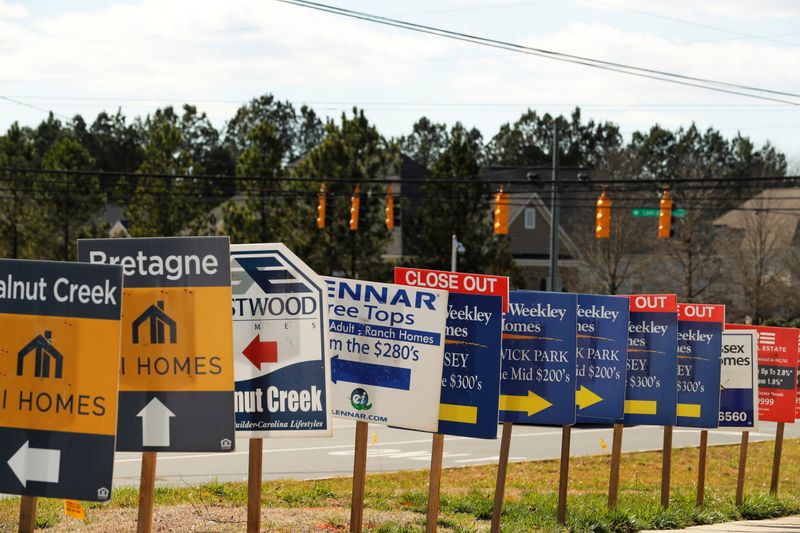By David Randall
NEW YORK (Reuters) - Some top-performing U.S. fund managers see opportunities in one of the sectors hardest hit by the coronavirus pandemic, cautiously increasing stakes in niches of the real estate market like cell phone towers and warehouses, which they see benefiting from an eventual economic recovery.
While real estate is typically considered a defensive sector, real estate investment trust (REIT) values have been slammed by the lockdown of the U.S. economy to slow the spread of COVID-19. Many retailers and restaurants are unable to serve customers in person, leaving them unable to pay rent.
Overall, the Dow Jones Select REIT Index is down nearly approximately 28% for the year to date, almost double the 17% decline in the broad S&P 500 index.
"You're seeing that the market is pricing in something approaching the Great Recession," said Burl East, whose Altegris/AACA Opportunistic Real Estate fund is the top-performing real estate fund this year and over the last three and five years, according to Morningstar data.
While retail, restaurant and hotel REITS are unlikely anytime soon to regain their values prior to the coronavirus pandemic, the slowing rate of infections in New York and other hot spots, along with the benefits of the stimulus package passed by Congress, should limit further broad declines for the industry, he said.
As a result, he is increasing his exposure to select cell phone towers, industrial warehouses and cold storage REITs that have outperformed during the recent market declines. But he said he continues to avoid hotels and malls that will likely continue to face economic pain.
"We're leaning into this and buying here but we don't want to go out and buy the junky stocks that have fallen the furthest," he said.
A broad rally in the U.S. stock market early on Tuesday helped push mall-owner Simon Property Group (NYSE:SPG) up more than 12% on Tuesday, while residential mortgage REITs such as Invesco Mortgage Capital and MFA Financial gained more than 37% and 11% respectively. Even so, all three companies are down more than 80% for the year to date.
Michael Underhill, chief investment officer at Capital Innovations, is bullish on single-family homes and apartment buildings because the slowdown will likely reduce the typical churn of tenants. At the same time, he is moving more of his portfolio away from regions like Houston, which is likely to see a severe economic hit from both the measures to slow the pandemic and the steep decline in oil and gas prices, he said.
"There are some dangerous REITS and there are some resilient REITS and we're not taking a chance on the dangerous ones," Underhill said.
Overall, 80 to 95 percent of apartment landlords are receiving their full April rent, according to Scott Crowe, chief investment officer at CenterSquare, an asset manager that invests in both public and private real estate. Between 20 and 50 percent of retailers, meanwhile, are paying their full April rent, with mall-based retailers the least likely to be able to pay in full, he said.
Crowe is skeptical that REIT values will recover any time soon and remains focused on segments such as cell phone towers and industrial warehouses.
"You're seeing some stocks get a nice technical bounce right now, but we aren't playing the stock market," he said.
Consumers are likely to remain skeptical of spending time in enclosed spaces even after the economy reopens, which will put a cloud over hotels, restaurants and movie theaters and keep a lid on job growth for the next several years, Crowe said. Overall, CenterSquare estimates about 25% of all square footage devoted to retail or hospitality will not reopen following the coronavirus-mandated closures.
"People are guessing about a recovery but I think we will have a very tough recession and it's not like we're going back right away to how the world looked in February," when the S&P 500 hit record highs, he said.

